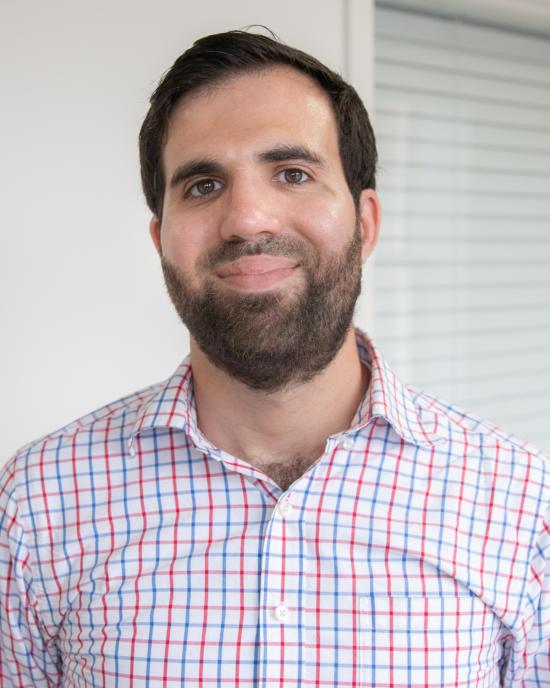The Promise of Access: Technology, Inequality, and the Political Economy of Hope
Dr. Daniel Greene
Sponsored by the Algorithmic Fairness and Opacity Group (AFOG).
Why do we keep trying to solve poverty with technology? What makes us feel that we need to learn to code — or else? This common sense has ruled our economic imaginary for at least 30 years. Those who cannot log on or train up are condemned to the margins of the information economy, and contained by the carceral state.
In The Promise of Access, Daniel Greene argues that the problem of poverty became a problem of technology in order to manage the contradictions of a changing economy. We cannot debunk or banish the idea — what Greene calls the access doctrine — that the problem of poverty can be solved with the right tools and the right skills, because the idea helps those public institutions that face poverty to save themselves. Technological solutions help public institutions simplify their complex missions and win legitimacy and funding, but at the cost of alienating the populations they serve.
Blending political-economic theory with years of ethnographic fieldwork, Greene explores how this plays out in Washington, D.C., examining organizational change in technology startups, public libraries, and charter schools. Tracing the changes to the spirit and structure of these public institutions reveals a fight to define the good life under contemporary capitalism — and the alliances that could win that fight.
Daniel Greene is an assistant professor of information studies at the University of Maryland. His ethnographic, historical, and theoretical research explores how the future of work is built and who is included in that future. He published his first book, The Promise of Access: Technology, Inequality, and the Political Economy of Hope, with MIT Press in 2021. His research has also appeared in such venues as Research in the Sociology of Work, New Media & Society, and the International Journal of Communication. Daniel lives online at dmgreene.net.










